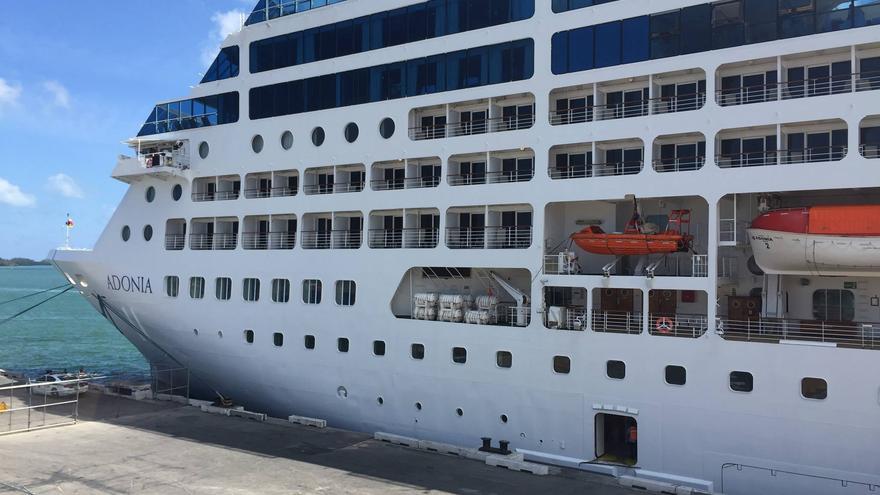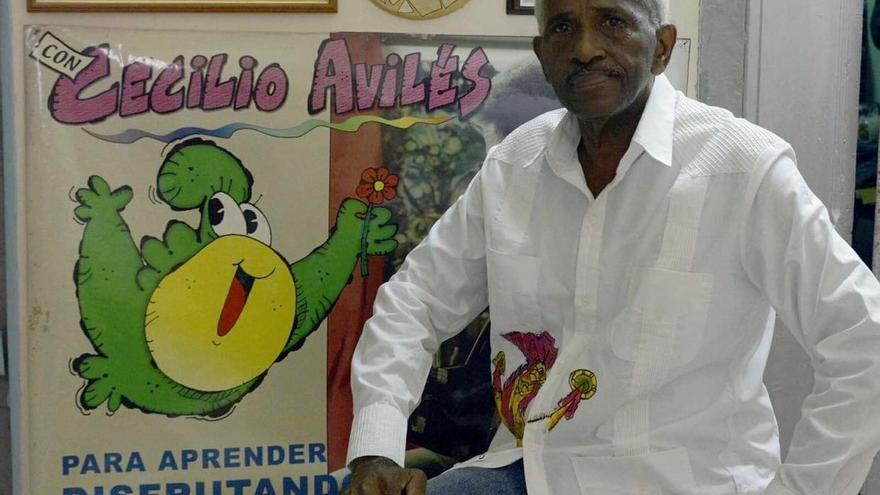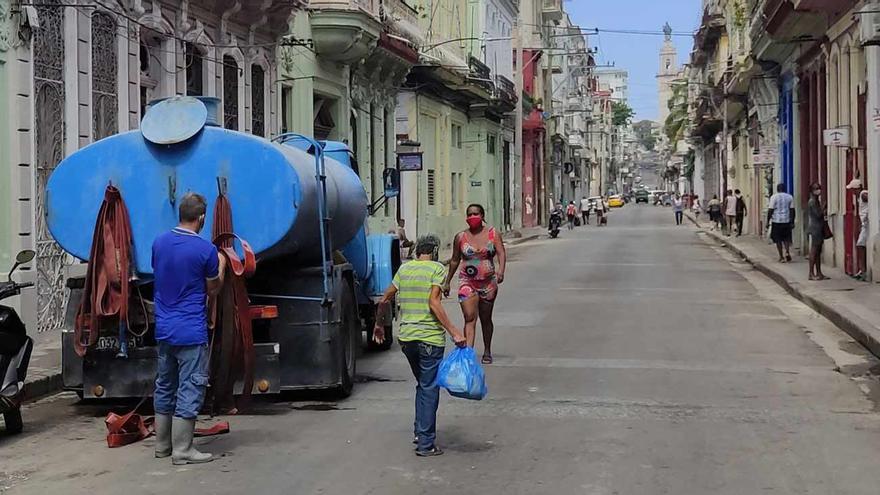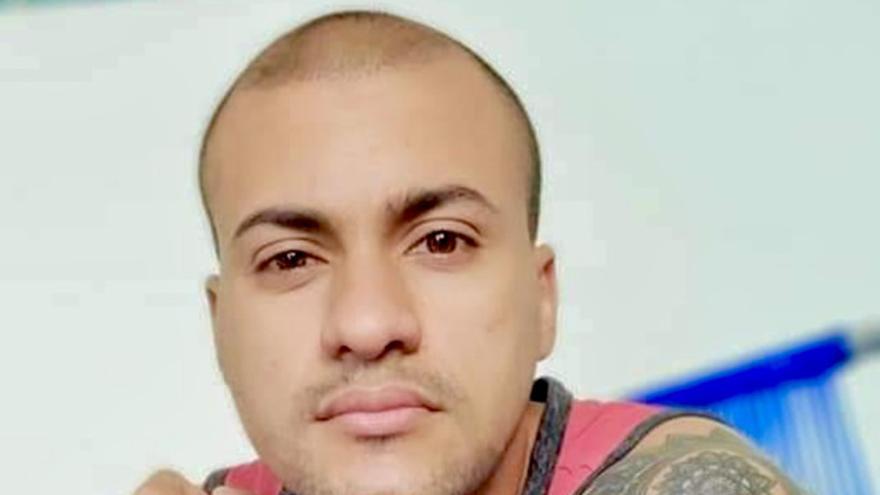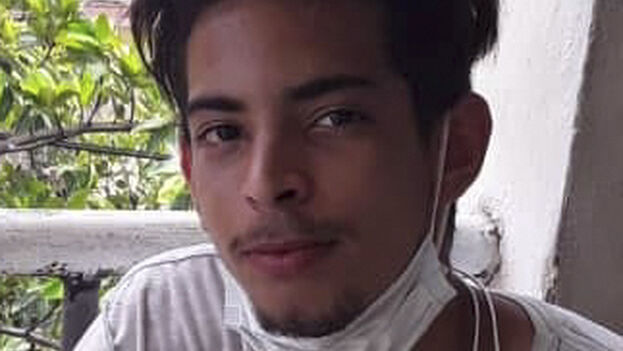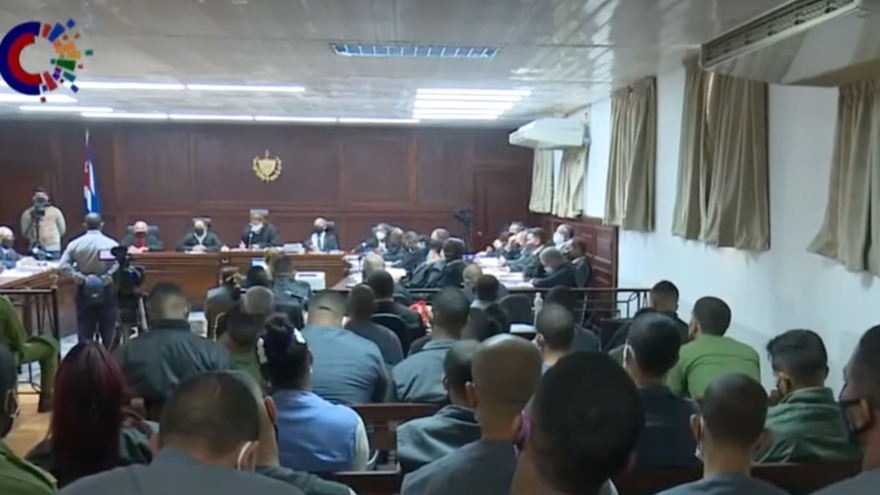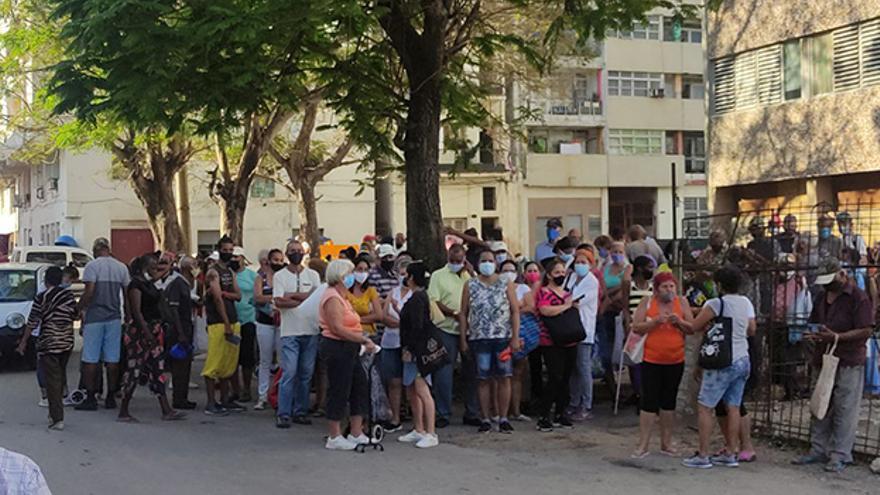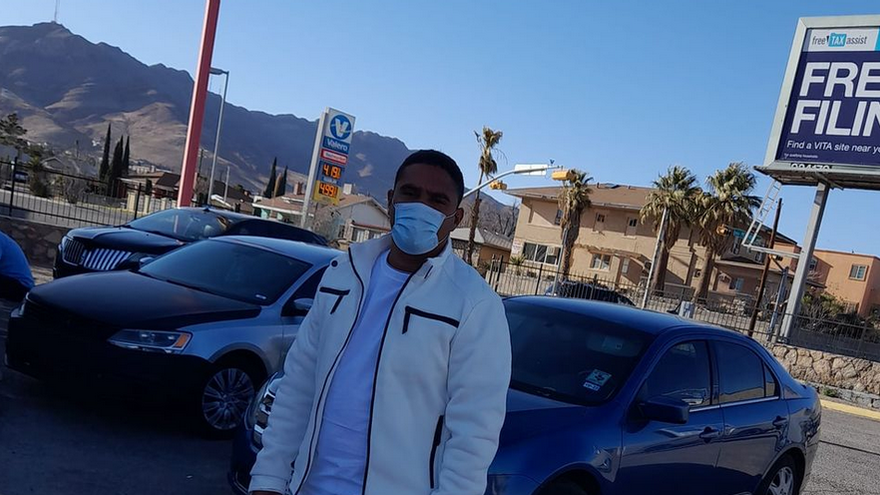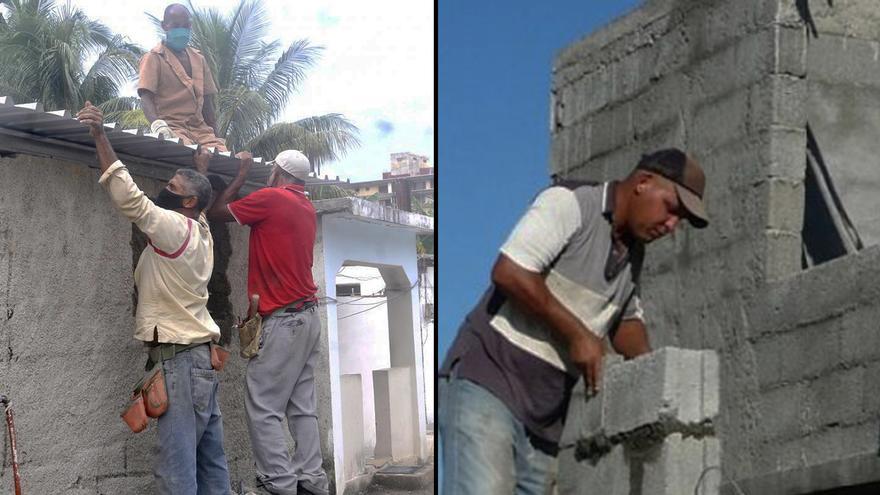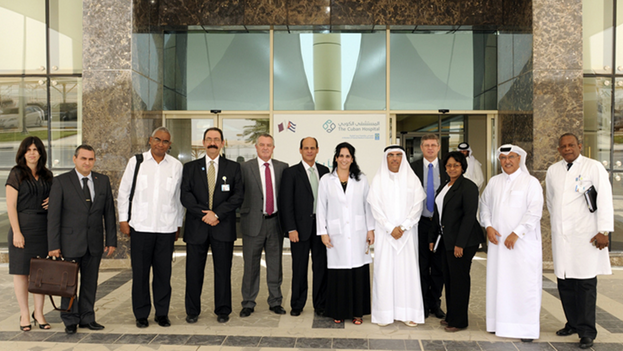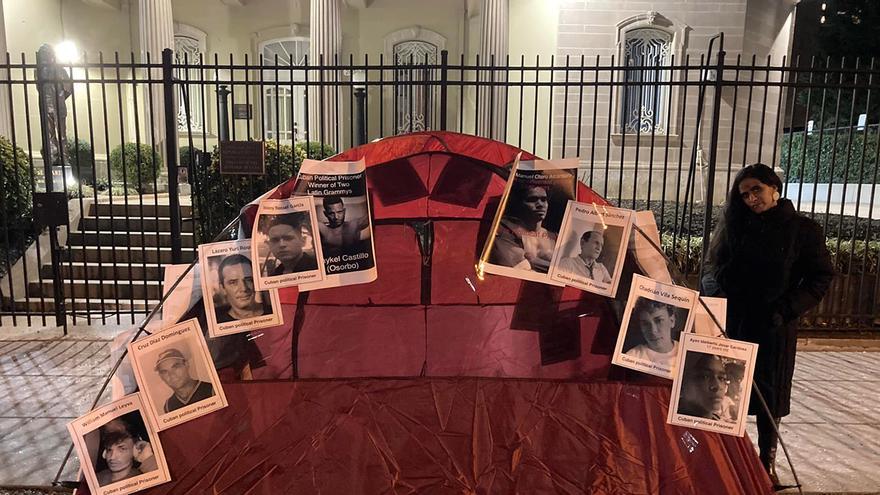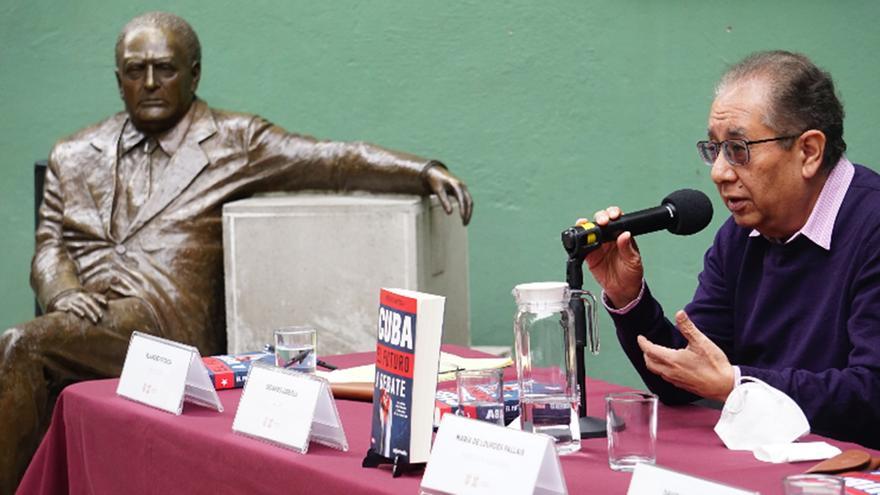
![]() EFE (via 14ymedio), Gustavo Borges, Mexico City, 20 March 2022 — The Mexican writer and journalist Gerardo Arreola, author of the book Cuba, the Future Under Debate, said this Sunday that the lack of decisions to solve the economic crisis and the increase in repression are not the way to solve the problems on the island.
EFE (via 14ymedio), Gustavo Borges, Mexico City, 20 March 2022 — The Mexican writer and journalist Gerardo Arreola, author of the book Cuba, the Future Under Debate, said this Sunday that the lack of decisions to solve the economic crisis and the increase in repression are not the way to solve the problems on the island.
“An absence of political decisions in economic matters and a reinforcement of repression through the courts does not seem to be the best way to move forward, said Arreola in an interview with EFE, reflecting on his work, a chronicle of the time of Raúl Castro in power and the challenges of the transition.
The volume, edited by Penguin Random House, is an analysis of the situation in Cuba by Arreola, a correspondent in the Caribbean country for more than 15 years.
As a witness to the events before and after Fidel Castro handed over power, Arreola recounted the Cuban reality in the last three decades, and focused on the death of the leader of the Revolution and its consequences.
“I tried to reflect that Cuban society is plural, there are those who are absolutely supporters of the government and do not admit criticism and there are critics of the government, without the possibility of dialogue, but in the middle there is an observant, polemicist, critical and active society; this is one of the novelties of the current Cuban situation,” he said.
Referring to the current economic crisis, the journalist considered that it may be greater than the ’Special Period’ in the 1990s which was a consequence of the collapse of the socialist camp, and he believes that the Government has lacked the will to apply measures that help the people. continue reading
“There is an absence of political will to accept proposals from researchers close and distant from the government, which are technically very similar,” he said, referring to debates by economists calling for freedom for state-owned companies, freeing economic space for agricultural producers and other alternatives.
When he was about to finish the book, Arreola had to extend it to refer to the massive protests on the Island against the Government, which occurred on July 11, 2021, repressed by the Government, which described the rebels as being at the service of the CIA, instead of acknowledging the disagreements.
“It is striking that the demonstrations of July last year have led to trials with high sentences, if one takes into account what happened. The background of the situation, recognized by the Government itself, is that there were dissatisfied people, outraged by the increase and spectacular rise in prices and shortages of basic products, perhaps aggravated by the pandemic,” he explained.
Arreola accepted that among the protesters there were violent ones who broke windows, but he wonders if, even in the case of the aggressive ones, they deserved harsh prison sentences.
“There are 16-17 year olds on trial,” he noted.
In his book, Arreola avoided judgments. He portrayed the Cuban situation from different angles, with topics such as the government’s relationship with the Church, the 2019 Constitution, the rise of the military in key government positions, and the issue of emigration.
Unlike other times, the internet has allowed the reality of Cuba today to appear on social networks, a blow to official censorship, on which the correspondent reflected.
“The criticism and observation of reality multiplied because there was a shot in the accounts on social networks. It is enough for something to happen in a corner of the Island for someone to record it,” he said.
Arreola believes that Cuba is bleeding to death with the departure of young people abroad, many of them high-level professionals, to which is added the aging of society, which in a few years will be the oldest in Latin America.
Another current issue is that of corruption in the Government, which Raúl Castro acknowledged in his presidency.
“Raúl pointed to corruption as something serious and over time it was identified as a national security problem. It has been recognized that corruption at high levels, with a considerable level of resources, is something that could become a political and governance threat,” he concluded.
____________
COLLABORATE WITH OUR WORK: The 14ymedio team is committed to practicing serious journalism that reflects Cuba’s reality in all its depth. Thank you for joining us on this long journey. We invite you to continue supporting us by becoming a member of 14ymedio now. Together we can continue transforming journalism in Cuba.

